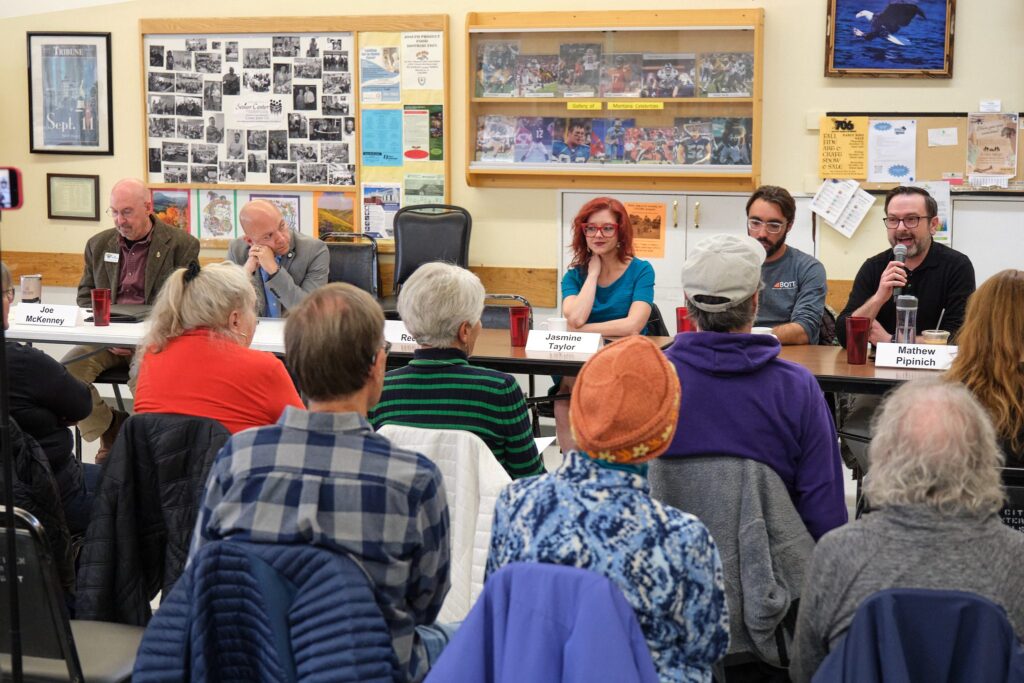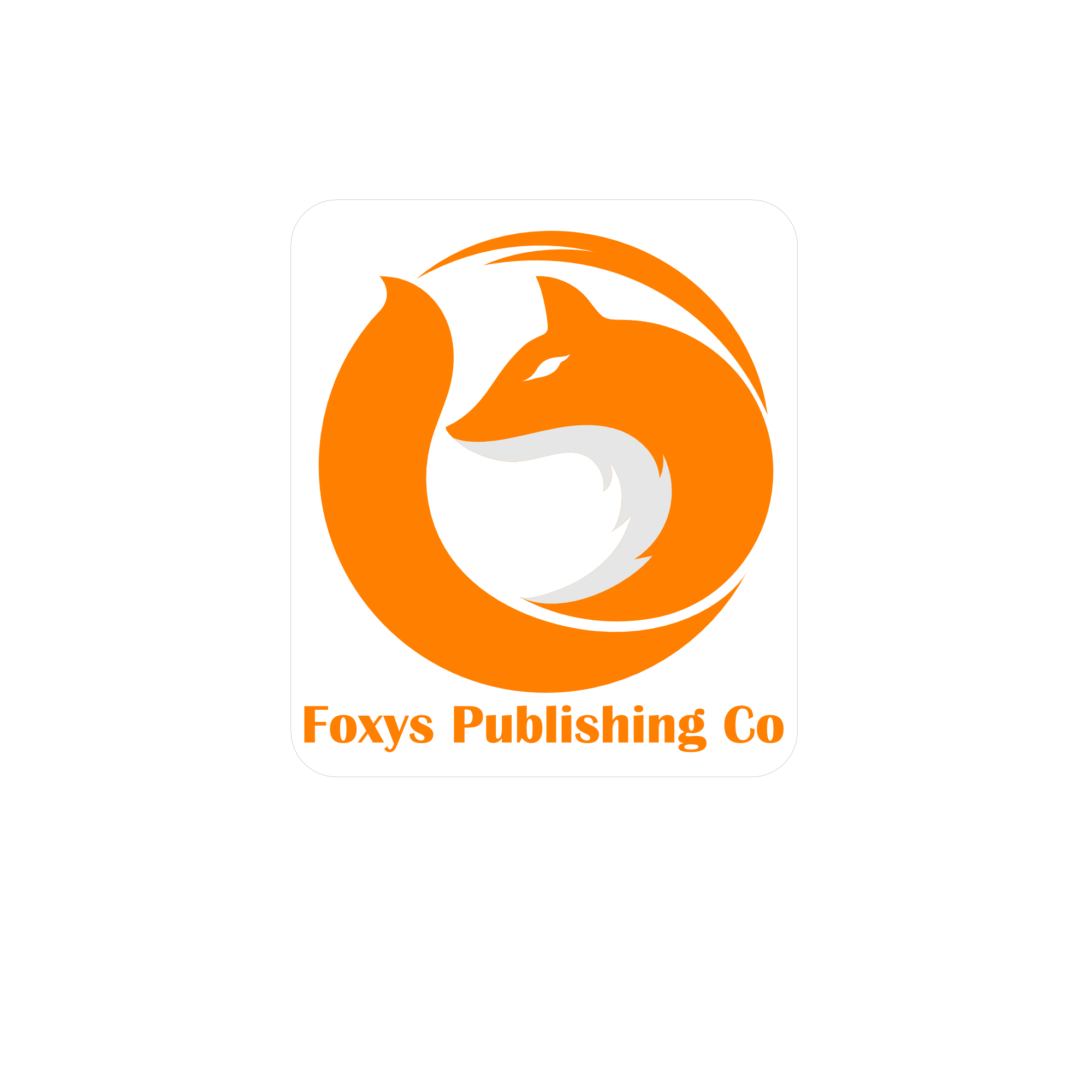
Voters in Great Falls will have the chance to weigh in on key leadership positions and a much-debated ballot question in the upcoming city election.
This is an all-mail municipal election that features races for Great Falls mayor and two city commissioner positions. The ballot will also allow voters to choose whether fireworks will be banned within city limits — even on the July 4 holiday.
As of Oct. 15, there is one remaining candidate forum scheduled for the city commission and mayoral candidates, hosted by Neighborhood Council No. 5 and set for Oct. 20 at 7 p.m. at the Alliance for Youth auditorium, 3220 11th Ave. S.
Montana Free Press will publish similar guides for the two other communities where we have full-time local reporters: Missoula and Helena. We’ve also published a roundup of notable races and ballot issues across the state this fall at https://fpc-go.com/bvz.
Portions of this piece were adapted from material previously published in MTFP’s Great Falls This Week email newsletter, which is published every Monday. View the newsletter archive at https://fpc-go.com/bwa and sign up for free at https://fpc-go.com/bwb.
Great Falls mayor
Incumbent mayor Cory Reeves is seeking his second term as the ceremonial figurehead for the city commission against a challenge from Jasmine Taylor, who has been a longtime activist in local political circles.
Reeves is a former police officer and was first elected in 2023. Taylor works in Great Falls for the Montana Department of Labor and Industry.
Taylor has taken aim at Reeves on issues such as last year’s decision to redirect funding from the Great Falls Public Library to support public safety departments. Last year, Reeves voted with the majority of commissioners to reduce the library’s tax revenue by roughly $471,000 to $499,000 each year through 2029. He told MTFP this year that, looking back, he’d still make the same decision.
Speaking with MTFP last month, Reeves characterized the situation as a renegotiation of an outdated management agreement, as the funds were tied to a 1993 agreement between the city and the library that also outlined some management functions. He said the city administration initially aimed to pull more funding but reached a compromise to reallocate 3.5 mills of property taxes as opposed to the 7 mills originally proposed.

“A group of supporters of the library came forward and let their voices be heard, so I knew we had to revisit this,” Reeves said.
He added that the reallocated funds have been earmarked to renovate the ailing fire training center that’s used by Great Falls Fire Rescue.
The group of supporters mentioned by Reeves was led in part by Taylor, who said her efforts helped the library’s negotiation team reach the compromise. Speaking with MTFP, she said that the timing of the reallocation was important. It came a year after voters approved a library funding levy in the spring of 2023, which was followed by voters rejecting a larger public safety levy and bond later that year.
Taylor said the reallocation was less about renegotiating an old agreement and more about the failed levy.
“That was their reaction to losing the public safety levy,” Taylor said. “And the only reason we clawed any money back was because the mayor learned it was an unfavorable thing to do.”

All this sets the stage for a likely public safety levy request in the future, for which the mayor will be in a position to advocate. In an interview, Taylor suggested splitting the request up into smaller requests over time. She suggested starting with the smallest request, which could support emergency medical services. The second could be for the fire department and the third would support city police.
In his interview, Reeves emphasized the challenging proposition of putting additional property taxes before voters. He said he’d like to see more support from the state that could include a sales tax, though only if the measure was balanced by removing a tax elsewhere.
“But my fear is, they would never eliminate a tax to add another,” Reeves said. “They’ll just add another tax, and that I will never support. And I think our community, the state, wouldn’t support [it].”
The mayor is a two-year term in Great Falls.
Great Falls commissioners
There are two seats up for grabs on the Great Falls City Commission, with only one incumbent candidate. Current commissioner Susan Wolff has opted against running for another term.
The incumbent is Joe McKenney, who is in his first term as city commissioner. He served in the state Legislature as a Republican and works as a real estate agent. The challengers are Pete Anderson, who runs a small construction business; Matt Pipinich, who owns a downtown coffee shop; and Casey Schreiner, a former Democratic legislator who served as the House minority leader in 2019 and who is on the leadership team at Alluvion Health.
Commissioners, like the mayor, are elected to nonpartisan roles.
Guided by MTFP’s questions, the candidates provided views on a potential public safety levy and how the city should prioritize new development, both of which have been recurring topics in meetings over the past year.

McKenney said he supports a potential levy, although he noted that the preparation and rollout should differ slightly from the 2023 proposals.
“A big mistake we had last time was a top-down decision,” McKenney said. “A committee wasn’t involved.”
He supported the work of the city’s Public Safety Advisory Committee, which was formed after the failed 2023 levy and ultimately issued a set of recommendations for funding those departments. McKenney sat on the committee as one of two city commission representatives. In addition, McKenney said the city should foster a group of grassroots advocates who can help make the case to the public for a new levy request.
Pipinich said he was a “maybe” on a potential public safety levy. He said he is “very hesitant” to raise property taxes, citing the rising costs of housing and goods. He supported the work of third-party entities, such as mental health and housing services, that might alleviate the burden on the police department. He also said that organizations that support keeping public spaces well-lit or having businesses open later can have similar impacts.
He also called on commercial entities to act more to benefit the community.

“As far as the revenue goes for stuff like this, this is where we need to lean on making corporations in our community pay their fair share,” Pipinich said.
A prominent example in Great Falls is the Calumet refinery, which has received numerous state and local tax breaks and is currently negotiating its second multi-year tax protest since 2017. The first protest resulted in a property tax reduction of $5.9 million for the company, which is the city’s largest taxpayer.
Anderson also focused on growing the tax base as a way to increase revenue to public safety departments, though his top priority is residential housing. He said he was skeptical of nonlocal commercial entities that pay property taxes but don’t otherwise reinvest in the community that staffs them. Speaking at an Oct. 14 candidate forum in Great Falls, Anderson said that if there’s a housing crisis, more business owners should take a financial stake in a potential solution.

“There’s a lot of money that comes in and ends up leaving our state and doesn’t circulate back in our economy, and that’s one of the reasons Montana is lagging behind,” Anderson said.
Schreiner said he would support a future public safety levy request, adding that he doesn’t think there is a choice given what he views as deferred investments over decades.
But, he said, a new request may need to be pared down from the 2023 request, which included a levy and a bond that would have funded a new fire station, among other things.

“If it’s prioritized and explained in a way people will understand, people will support it,” Schreiner told MTFP. “But it probably does need to be a smaller chunk over time.”
A scenario he fears is that the city will face a public safety tragedy and make knee-jerk reactions in the wake of that event. He said he preferred to incentivize commercial development to increase tax revenue and to think strategically about residential growth, ensuring it aligns with public safety resources.
Commissioners serve four-year terms and are elected on an at-large basis, meaning there aren’t geographic districts and all voters in the city fill in ballot bubbles for their top two candidates. Those two who secure the most votes will join the commission.
City fireworks ban
The July 2 death of a Great Falls woman in a house fire attributed to neighborhood fireworks spurred city commissioners to put a fireworks ban on this fall’s municipal ballot.
The ballot question asks voters to decide on a proposal that would ban “aerial devices” like shells and rockets, as well as “devices designed to explode,” which include roman candles, firecrackers and salutes. The measure would continue to allow the use of so-called “novelty” items like sparklers, fountains and snakes. It also allows for permitted public fireworks displays, such as the city’s annual show.
Great Falls has been a relative outlier among large Montana cities, most of which have banned or limited the use of fireworks inside city limits year-round, including around the July 4 holiday. The current city code allows fireworks from July 2 through July 4 from 8 a.m. to midnight.
Public debate over the ballot measure was split in meetings in July and August. Opponents, including current and former fireworks sellers, defended their businesses and the joy they felt it added to Independence Day.
Proponents spoke emotionally about the impacts fireworks have on veterans dealing with PTSD. Others talked about frightened pets, including one local attorney who spoke through tears about putting her two dogs down after one attacked another on July 4 in an incident she attributed to firework stress.
Odds and ends
The Great Falls municipal ballot will also include the race for one of the city’s two municipal judges. The incumbent, Mark Dunn, is the lone candidate in that race, and the ballot asks voters whether they want to retain him. A written Q and A with Dunn can be found at https://fpc-go.com/bwc.
Typically, neighborhood council positions are on the municipal ballot. This year, eight of the nine neighborhood councils had five or fewer candidates to fill the five available positions on each council. State law allows those races to be removed from the ballot and have those candidates automatically elected. The Great Falls City Commission approved that removal on Sept. 16.
There is one neighborhood council with six candidates for five available seats. That is Neighborhood Council No. 3, which encompasses the northeast neighborhoods of Great Falls. Those candidates are Eric Peterson, Garri Mauch, Emily Bertsch, Dale Moore, Kathleen Gessaman and Bradley Riehl. Only voters in that council district will see the race on their ballots, and the five candidates with the most votes will win seats.
Ballots in the all-mail election will be sent Oct. 20. The Cascade County elections office has information about a new requirement for voters to include their dates of birth on the signature envelope. The city’s municipal elections page has information about candidates, terms and duties.
This story was originally published by Montana Free Press at montanafreepress.org.
By Matt Hudson, Montana Free Press: October 15, 2025 – Great Falls, Mt

